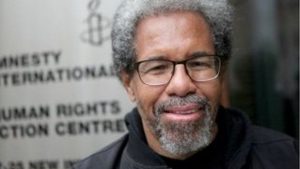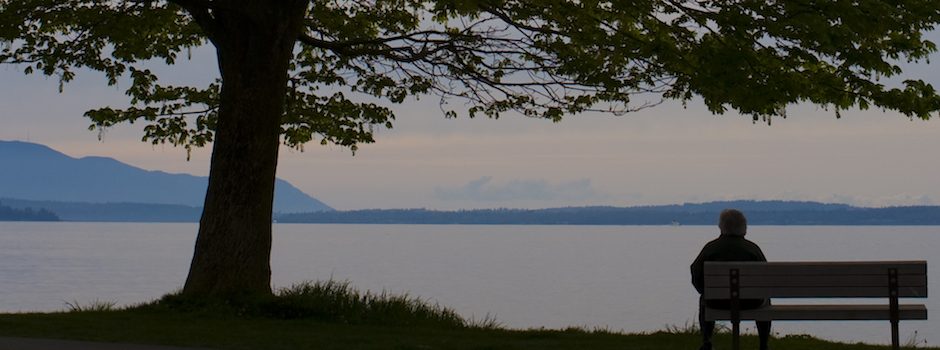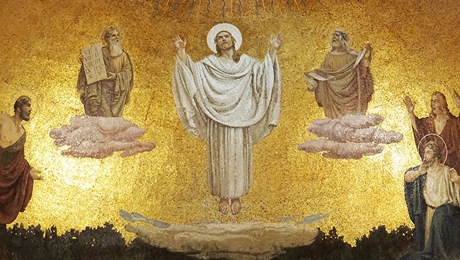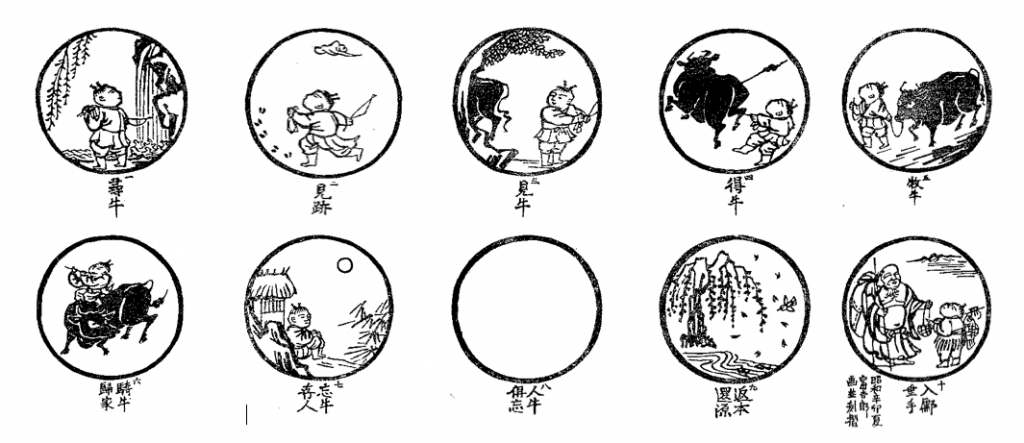If you wish, you can hear this sermon as it was preached in the pulpit of the United Church of Jaffrey. Simply click to the play button below.
Delivered at the United Church of Jaffrey
February 11th, 2018
Social Animal
By nature, we are social creatures.
The term “social animal” I discovered as I prepared for this sermon, is actually a technical scientific category.
Though we prefer to hold ourselves in higher esteem than lowly creatures like Ants, and Geese, Wasps and Wildebeests — we, like them, are hard-wired, in our DNA, to function more effectively in groups than as individuals.
Like bonobos, dolphins, meerkats, sea otters and zebra finches, the success — and survival — of one human depends, in no small measure, on the success of the group.
So relationship — the back-and-forth that we negotiate every day of our lives with our spouses, offspring, friends and neighbors — this connection that we define in terms of love, indifference, and hate — this part of our lives is not optional.
Its required.
Relationship is not something you can take or leave as you please.
It is essential to our being.
It’s true that, technically, you can breathe and eat and do all the things that are necessary to sustain life, and remain entirely alone.
So you could object on technical grounds and say that I am wrong.
And, technically, you would be right.
But there is always a big gap, isn’t there, between what is technically true and what is, shall we say, spiritually true.
I suppose, if you really were determined to do it, you could, technically live in complete isolation and survive. It wouldn’t be easy — you’d either have to bone up your hunting and fishing skills, or you’d have to figure out how to be a good burglar — which is kind of cheating, since you’d be depending on other people after all, in a manner of speaking.
But spiritually…
Spiritually speaking, there can be no question that prolonged isolation tears away at the core of a human being.
Solitary Confinement
The truth of this assertion seems self-evident when you consider the fact that the worst kind of punishment that we, as a society, can impose on person is a punishment called “solitary confinement”
Dr. Craig Haney, a professor of social psychology at the University of California Santa Cruz who has studied and written extensively on the traumatic effects of solitary confinement, says —
For many prisoners, the absence of regular, normal interpersonal contact creates a pervasive feeling of unreality.”
A pervasive feeling of unreality!

Albert Woodfox was held in solitary confinement in the Louisiana State Penitentiary for 43 years–longer than any human being in history. He was released in 2016.
The mind of the prisoner in solitary confinement starts to detach from his or her sense of reality. Deprived of human contact, inmates have been documented to suffer extreme paranoia, insomnia, high blood pressure and loss of appetite, all manner of gastroenterological problems, and of course, severe depression and suicidal ideation.
So when a human is deprived of all human contact for prolonged periods, they lose their sense of reality.
If you follow this logic, than, you can suggest that the human experience of reality itself relies on interaction.
Relationship.
Conversation.
Interaction.
Argument.
Drama.
Love.
These are the threads — reaching out into the community — that weave us to reality.
And lest we forget how these threads, in turn, weave us into God’s reality — Jesus himself reminded us, saying, in that famous passage from Matthew:
‘Truly I tell you, just as you did it to one of the least of these my brothers and sisters, you did it to me.’
Spiritual Solitaries
There is, however, another kind of solitary.
Prisoner’s are forced to be alone, but there are those who choose to be alone.
And, to make matters more confusing, some of these individuals who choose to remove themselves from society do so for expressly spiritual reasons!
I just got done jumping up and down about how being isolated is a spiritual problem, but doing so I’ve conveniently neglected people like Saint Anthony of the Desert, who spent 15 years alone in the Egyptian desert.
That young know-it-all, wikipedia, paraded a list of 37 notable Christian hermits in front of me, when I realized my error. This long tradition– which began with Saint Anthony wandered off into the desert in the 4th century AD, continues to this day.
And Christians most certainly do not have a monopoly on solitaries — indeed the Hindu and Buddhist religions make renunciation of the world a virtual prerequisite for spiritual attainment.
Hanshan, the Taoist saint who wrote the achingly beautiful poems in this morning’s poetry corner, lived for decades, alone in a cave on Cold Mountain.
Both Moses and Mohammed encountered God when they were wandering alone in the wilderness.
There is something going on here.
We humans seem to find our spiritual center in social interaction — but we also sometimes need to walk alone.
Together?
Or alone?
Which is it?
How do we find God?
Metamorphosis
Today is Transfiguration Sunday.
On this Sunday, we celebrate a peculiar story — the one that Carol just read for us.
Jesus chooses three of his disciples and takes them up a mountain.
When they reach the top of the mountain, Jesus is transfigured before them shining and radiant.
Transfigured…
Jesus was transfigured before them…
Have you ever heard that word “Transfigured” in any context other than in this story?
I haven’t.
I am familiar with the word “transform” and “translate” and “transpose.”
But “transfigure” is a word that I only know because of this story.
So I did what any good english teacher would do.
I looked it up.
And guess what?
The Greek word that is translated here as “transfigure” — you know what it is?
It is the word metemorphōthē
Metemorphōthē!
What do you know!
A Greek word that I actually recognize!
This is the word that is the basis of our word metamorphosis…
Which is, of course, the word we use when we talk about caterpillars changing into butterflies.
Jesus goes to the mountaintop, and when he is there, he changes, from a person, to a messiah.
From a caterpillar to a butterfly.
This is not just a transformation.
It is a metamorphosis!
Returning to the Marketplace
In the Buddhist tradition there is a collection of pictures called the 10 ox-herding pictures.
The ten ox-herding pictures.
The ten ox-herding pictures is a sequence of paintings, traditionally done in the calligraphic style of ink on paper, that illustrate the Buddhist spiritual journey through the story of a young ox-herder looking for a lost ox.
The ox, of course, represents spiritual enlightenment, and the young boy — the herder — represents a person who is seeking enlightenment.
As the pictures progress, you see the ox run away, and the herder chase it.
Eventually, the ox is caught, tamed, and led home.
But catching the ox is not enlightenment. Enlightenment only happens when the neither the herder or the ox are present.
Enlightenment — metamorphosis — happens when the distinction between this and that no longer means anything.
But interestingly, this enlightenment, is not the tenth painting.
Enlightenment — this transfiguration from human truth to ultimate truth is not the final goal of the religious practice.
The final painting shows the ox-herder — now an old man — talking to another man.
Beneath this picture is a caption that reads: “Returning to the marketplace (with bliss bestowing hands).”
The spiritual story may involve a movement to solitude, but it does not end there. It ends when the spiritually realized person returns to society to give the bliss of wisdom to others.
Bliss Bestowing Hands
Brothers and sisters in Christ, I hope you are not wondering if you have wandered into a Buddhist temple.
No, you are in a Christian church.
One of the reasons I am so profoundly honored and continually thankful to be a minister, is because I prefer poetry to logic…
I’m a story guy, not a theory guy.
I am continually moved by the surprising way that imprecise thinking can lead to beauty.
All of this is to say that I am not in the least concerned by the apparent paradox that we encountered earlier…
Is God found in community? Or is God found when you are alone?
God does not bother with such “either-ors”
Religion is the system of human thought that can, with no trouble at all, absorb any paradox.
Religion thrives on paradox.
So if you ask me, is God found in community or is God found when you leave the world behind?
I say…
“Yes!”
It’s not “either-or”
It’s not even “both-and”
It’s just yes!
Yes.
Yes God is found when, for the first time, your infant child leans her head into the cradle of your arms.
Yes, God is found when, alone in the mountains, you look into the terrifying darkness.
Yes, God is found when, together, we hold the cares of our neighbors in deep and quiet prayer.
Yes, God is found when, the hermit, with heavy heart, forages the misty mountainside for roots and mushrooms.
God is found when we are most ourselves…
And God is found when, faced only with yourself, you become something new — something
surprising,
Radiant.
And then, like Jesus coming down from the mountain,
you return
To the marketplace
With bliss bestowing hands.





